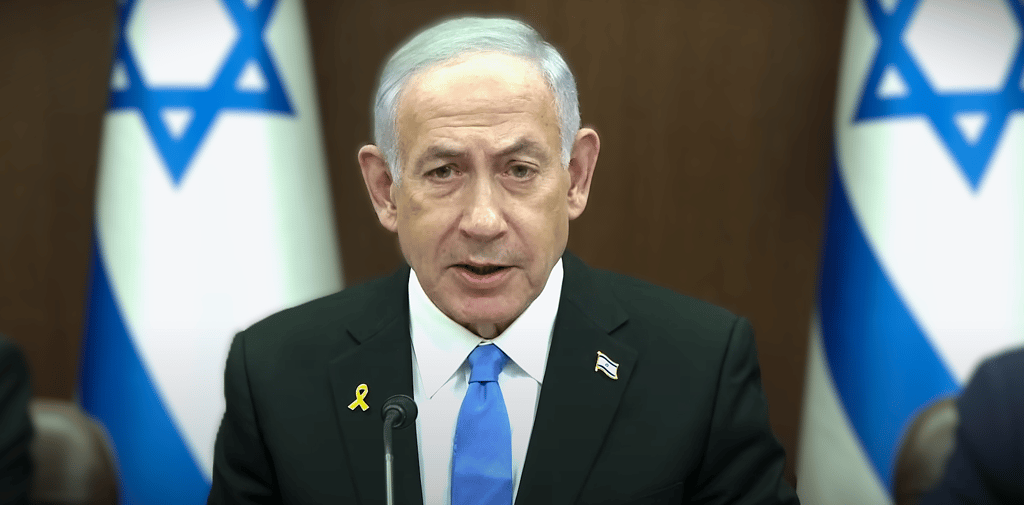Israel Security Cabinet Meets to Approve Gaza Ceasefire Deal — Major Peace Breakthrough Expected
Israel’s Security Cabinet meets to approve Gaza ceasefire and hostage deal. A U.S.-backed peace plan could bring major change to the Middle East conflict.
Raja Awais Ali
10/9/20252 min read


Israel Security Cabinet Holds Emergency Meeting on Gaza Ceasefire Deal
Jerusalem, October 9, 2025:
Israel’s Security Cabinet is set to hold a crucial emergency meeting this evening to discuss a potential ceasefire and hostage release agreement with Hamas, following renewed mediation efforts led by Egypt, Qatar, and the United States. The meeting is considered decisive for approving the first phase of the long-awaited truce plan aimed at ending months of intense conflict in Gaza.
According to Israeli media reports, the proposed deal includes an immediate ceasefire, partial withdrawal of Israeli forces from several zones in Gaza, and a large-scale prisoner exchange. The agreement would see dozens of Israeli hostages released in exchange for hundreds of Palestinian prisoners. The initiative, strongly supported by U.S. President Donald Trump, is being hailed as a significant diplomatic step toward stabilizing the region after weeks of escalated violence.
News of the possible ceasefire has sparked mixed emotions on both sides. In Tel Aviv, families of hostages gathered in “Hostages Square,” expressing cautious optimism after months of uncertainty. Meanwhile, in Gaza, residents welcomed the reports with prayers and celebrations, hoping for an end to relentless airstrikes and humanitarian suffering. However, reports indicate that sporadic clashes and isolated attacks continued in some areas, highlighting the fragile nature of the situation.
The international community has widely welcomed the development. The United Nations, European Union, and Turkey have issued statements praising the mediation efforts and urging both parties to honor the agreement once approved. Egypt and Qatar, key mediators in the process, are expected to facilitate the signing ceremony in Cairo. The U.S. State Department reaffirmed that humanitarian aid corridors and access for international relief agencies must be implemented immediately.
Experts caution that lasting peace will depend on strict monitoring mechanisms and confidence-building measures. Issues such as verification of prisoner lists, secure routes for aid convoys, and coordination between local authorities remain critical challenges. Analysts also note that while this agreement could mark a historic step toward long-term stability, political divisions within Israel and the Palestinian territories could still derail progress if not managed carefully.
Key questions remain unanswered: Will this truce pave the way for a permanent ceasefire? Can humanitarian aid reach Gaza without interruption? And will the deal reshape the region’s political landscape? The answers depend largely on how swiftly and sincerely both sides implement the terms once the cabinet gives its final approval.
Sources indicate that if Israel’s Security Cabinet endorses the agreement tonight, the first phase — including initial prisoner exchanges and humanitarian operations — could begin within 72 hours. The global community, human rights organizations, and affected families are now anxiously awaiting what could become one of the most significant turning points in the Middle East peace process in years.
Stay informed with the latest national and international news.
© 2025. All rights reserved.